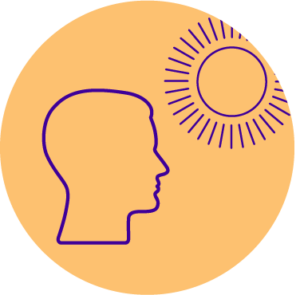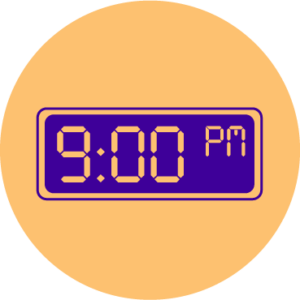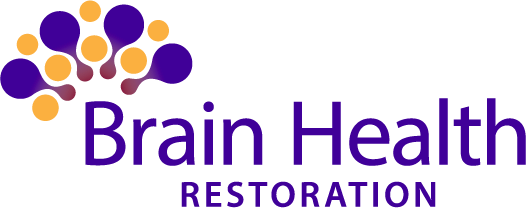Sleep Quality with MeRTSM
Proper restorative sleep is critical for brain function. The sleep-wake cycle, or circadian rhythm, is a 24-hour internal clock that runs in the background of your brain and cycles between sleepiness and alertness at regular intervals. To maximize the benefits of MeRT treatment, you need an adequate amount of sleep and you need to optimize the circadian rhythm by exposing yourself to morning light.
Set a circadian rhythm:

What to do: We recommend that you receive at least 45 to 60 minutes of exposure to the morning light between 7:00 am and 11:00 am without a barrier of window glass or sunglasses. There are light systems that also provide proper light (check with our staff for more information).
Why: During this time, a specific wavelength (450-500nm) of sunlight is emitted as the sun reflects off of the atmosphere. Receiving this light through the eyes starts a complex biological process, culminating roughly 12 hours later with the release of melatonin, which leads to drowsiness and sleep.

What to do: Go to sleep around 9:00 pm to ensure you are asleep between the hours of 10:00 pm and 2:00 am.
Why: Research has shown that the rest provided to the brain during this time frame proves to be one of the most important elements in continued optimal brain health.
All Rights Reserved © 2021 | Brain Health Restoration, LLC
Site Design By Jessica Wicks Kelly
